All Stories
-
 Animals
AnimalsWhat bees did during the Great American Eclipse
A rare study of bees during a total solar eclipse finds that the insects buzzed around as usual — until totality.
By Susan Milius -
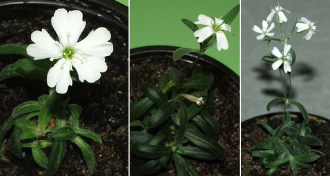 Plants
Plants50 years ago, a 550-year-old seed sprouted
Old seeds can sprout new plants even after centuries of dormancy.
-
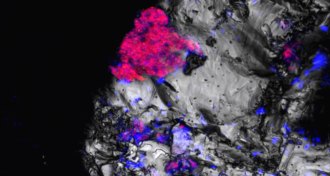 Earth
EarthThese light-loving bacteria may survive surprisingly deep underground
Traces of cyanobacteria DNA suggest that the microbes live deep below Earth’s surface.
-
 Health & Medicine
Health & MedicineNearly 2 million U.S. adult nonsmokers vape
A new study finds that an estimated 1.9 million U.S. adult nonsmokers use e-cigarettes, highlighting worries that the devices are addictive.
-
 Health & Medicine
Health & Medicine‘Sawbones’ invites readers to laugh at the bizarre history of medicine
‘The Sawbones Book,’ based on the popular podcast by Dr. Sydnee and Justin McElroy, ties the strange history of modern medicine to modern pseudoscience.
By Mike Denison -
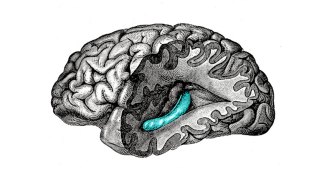 Neuroscience
NeuroscienceHow your brain is like a film editor
A brain structure called the hippocampus may slice our continuous existence into discrete chunks that can be stored as memories.
-
 Science & Society
Science & SocietyThe economics of climate change and tech innovation win U.S. pair a Nobel
Climate change and tech innovations inspired the new Nobel Memorial Prize winners in Economic Sciences.
By Bruce Bower -
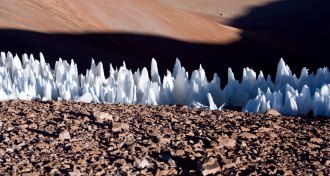 Planetary Science
Planetary ScienceSpiky ice spires may stud the equator of Jupiter’s moon Europa
Fields of jagged ice spires, if they exist, could affect where future spacecraft land on the Jovian moon.
-
 Climate
ClimateLimiting global warming to 1.5 degrees versus 2 has big benefits, the IPCC says
A new report from the Intergovernmental Panel on Climate Change compares the impact of warming targets on extreme weather, sea level rise and habitat loss.
-
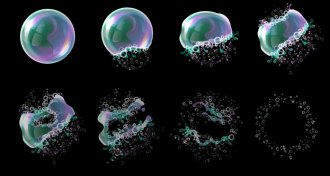 Cosmology
CosmologyThe universe’s continued existence implies extra dimensions are tiny
The strictest limits yet on the size of extra dimensions come from the fact that black holes haven't destroyed the universe.
-
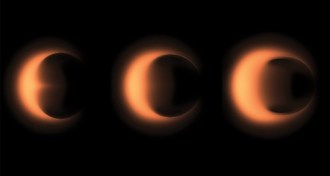 Astronomy
Astronomy‘Einstein’s Shadow’ explores what it takes to snap a black hole’s picture
The new book offers a behind-the-scenes look at the Event Horizon Telescope’s attempt to image a black hole.
-
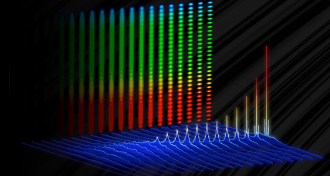 Physics
PhysicsA new ultrafast laser emits pulses of light 30 billion times a second
A new technique allows lasers to pulsate at a higher rate than ever before.